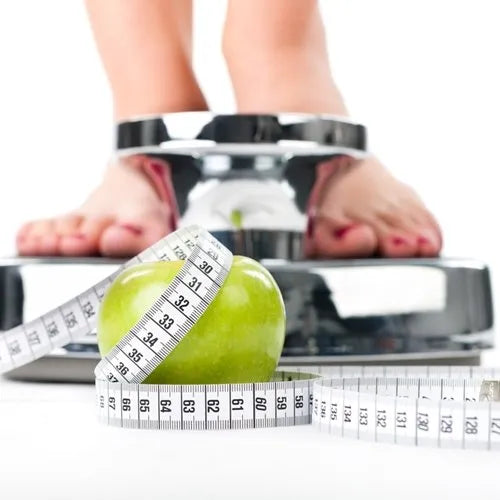
Being pregnant, there are a lot of things to think about when it comes to keeping both your body and the baby healthy. Along with prenatal vitamins, regular exercise, adequate sleep and maintaining a balanced diet, ensuring that you eat the right amount of protein is vitally important. Among all of the nutritional advice being tossed your way, it can be easy to forget about protein and its role in developing your child.
Vital to growth
Not only does protein help you to grow, it is essential for the growth of your baby as well. According to What To Expect, at 37 weeks, your baby's brain is in need of materials that are going to help it grow and develop. Protein is what's going to build the brain and help it grow to be healthy and fully functional. Should you not get the recommended amount of protein in your diet, the baby will begin to break down its own tissues in order to get building blocks, preventing the both of you from staying healthy.
Produces iron
Natural Baby Pros said that a woman's blood volume increases dramatically during pregnancy. Protein is what helps to produce the right amount of blood cells and aids the body in producing iron – a vital nutrient needed during pregnancy that helps you maintain a healthy immune system. Women often need more iron than usual when they're with child because they're eating for two.
How much protein do I need?
What To Expect suggested you consume three servings of protein (about 75 grams) everyday to help eliminate problems during the pregnancy. It's important to make a habit out of incorporating protein into your everyday diet. By eating the right foods, this can be made easy.
How do I get protein?
We all know that lean meats, poultry and fish are excellent sources of protein. However, Dr. Tom Brewer, creator of the Brewer Blue Ribbon Baby Diet, recommended getting this much protein by building your day around four cups of milk and two eggs. Not only are these ingredients versatile, but they're often inexpensive and will provide you with at least 32 grams of protein each day. And don't think eggs can only be scrambled. There are plenty of other ways to get this protein-packed staple into your diet. Try making a breakfast sandwich, French toast, stir-fry or some egg frittatas. Another easy way to up your protein intake is by consuming a protein meal.
One source of protein that many pregnant women rely on is fish because it's heart healthy, loaded with omega-3 fatty acids and is an excellent source of DHA, which feeds your baby's brain. However, it's important to keep a good eye on what type of fish you're eating. According to What To Expect, some fish contain high levels of mercury, an unfriendly toxin. Play it safe by avoiding fish from contaminated waters such as shark, swordfish, king mackerel, fresh tuna, sea bass, tilefish, mahimahi, grouper and amberjack. On the other hand, fish like salmon, halibut, trout, cod and perch are safe options. You should also look to limit your fish intake to about 12 ounces per week.






